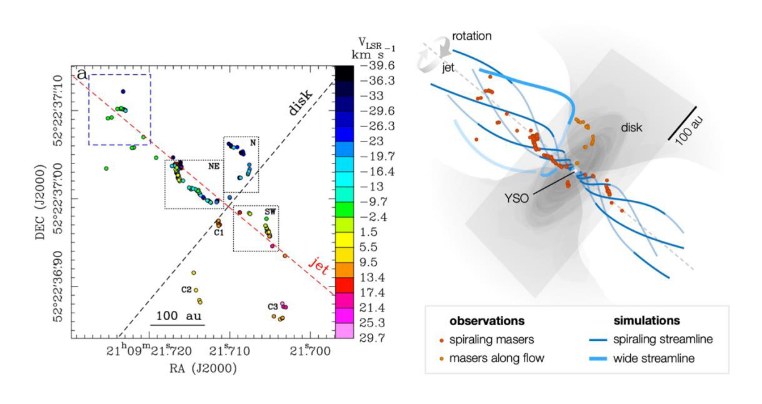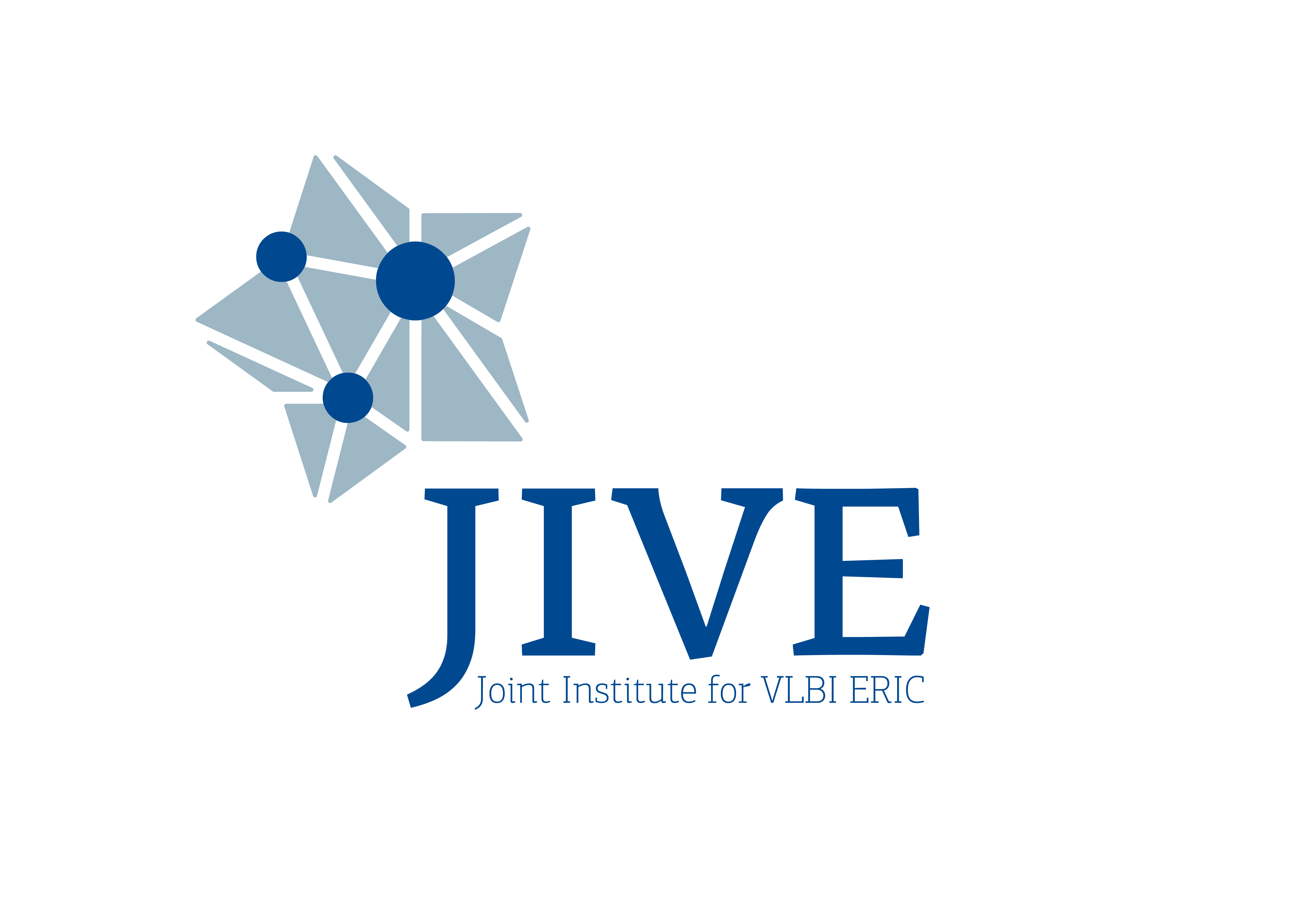
Observing proposals are invited for the European VLBI Network (EVN). The deadline for proposal submission is 1 February 2023 at 16:00 UTC. See the Call for Proposals text here for full information about the call and how to submit proposals.
The EVN facility is open to all astronomers. Astronomers with limited or no VLBI experience are particularly encouraged to apply for observing time. Support with proposal preparation, scheduling, correlation, data reduction and analysis can be requested from the Joint Institute for VLBI ERIC (JIVE).
EVN Support+ programme
JIVE/EVN has a pilot programme to provide extended support to teams new to the EVN, with little or no direct VLBI experience. This includes the scheduling of the VLBI run and the VLBI-specific parts of the data reduction (including a-priori amplitude calibration and fringe-fitting). Imaging, and the interpretation of the data is the responsibility of the team. We aim to support some standard VLBI projects, evaluated by the EVN Program Committee with the highest grades. For further questions please contact the Chair of the EVN PC, Zsolt Paragi (evnpc@jive.eu).
User support and the Transnational Access Programme
Please contact the JIVE support scientists at usersupport@jive.eu in advance, if you need help with preparing your proposal. User support is available in all stages of preparations, observing and data reduction. Travel support could be accessed through the Opticon RadioNet Pilot project – see the EVN Travel support pages.
Additional information
The European VLBI Network (EVN) is an interferometric array of radio telescopes spread throughout Europe, Asia, South Africa and the Americas that conducts unique, high-resolution, radio astronomical observations of cosmic radio sources. Established in 1980, the EVN has grown into the most sensitive VLBI array in the world, including over 20 individual telescopes, among them some of the world's largest and most sensitive radio telescopes. The EVN is composed of 13 Full Member Institutes and 5 Associated Member Institutes.
The Joint Institute for VLBI ERIC (JIVE) has as its primary mission to operate and develop the EVN data processor, a powerful supercomputer that combines the signals from radio telescopes located across the planet. Founded in 1993, JIVE is since 2015 a European Research Infrastructure Consortium (ERIC) with seven member countries: France, Italy, Latvia, the Netherlands, United Kingdom, Spain and Sweden; additional support is received from partner institutes in China, Germany and South Africa. JIVE is hosted at the offices of the Netherlands Institute for Radio Astronomy (ASTRON) in the Netherlands.
Image
MHD disc winds are believed to provide a link between mass accretion and ejection, since they constitute a natural way to lose angular momentum. In a global-VLBI experiment, Moscadelli et al. mapped individual streamlines emerging from the disc surrounding a forming star with at 0.05 AU resolution. The data, compared with simulations, show the strongest direct evidence so far for MHD disc wind in an astrophysical environment around an accreting object. Crucial to this result was mapping the velocity structure of the MHD disc wind on AU scales, something that is only possible with VLBI. Credit: Moscadelli et al. 2022, Nat. Astr., 6, 1068.
Contact
Zsolt Paragi
EVN Programme Committee Chair
JIVE Head of User Support
paragi@jive.eu
